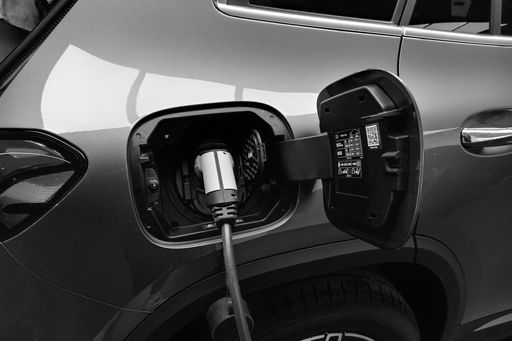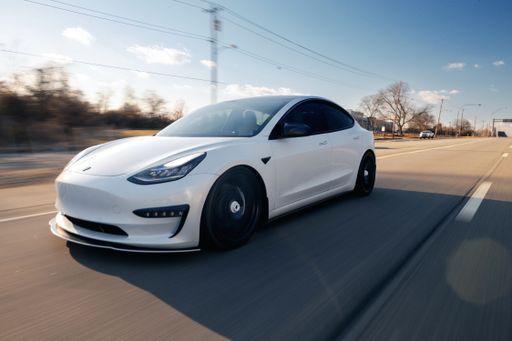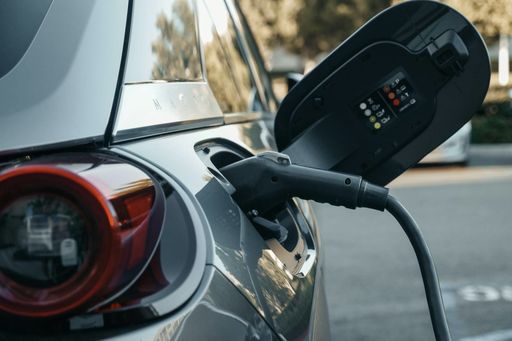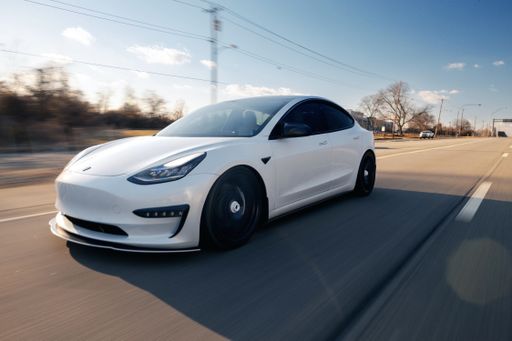Cars Feed - Page 18

DC Greenlights Aggressive Electric Vehicle Mandate Despite Criticism on Consumer Costs
The Washington, D.C. Department of Energy and Environment (DOEE) has adopted an aggressive electric vehicle (EV) mandate, similar to California's, requiring automakers to only sell zero-emissions vehicles starting in 2035. While supporters argue that the regulations will benefit air quality and public health, critics warn of higher consumer costs and concerns about the capacity of the power grid to handle increased demand.

Tesla Vehicle Sales Up 38%, but BYD Emerges As New EV Leader
Tesla's vehicle sales have increased by 38% in the fourth quarter, but BYD, a Chinese automaker, has surpassed them in EV sales.

The Roadblocks in America's Electric Vehicle Transition
The transition to an all-EV future has hit roadblocks in the US, with slower adoption rates and challenges in meeting sales targets. This article examines the flaws in America's EV plan and explores the need for a broader approach to sustainable transportation.

Questions over campus security, repairs linger in wake of UNLV shooting
The recent shooting incident at the University of Nevada, Las Vegas (UNLV) has raised concerns and sparked discussions about campus security and the need for repairs.

New Regulations Pose Challenge for Electric Vehicle Makers
Electric vehicle makers are facing a new challenge in 2024 as several EV models no longer qualify for the $7,500 tax credit due to new battery-sourcing rules.

BYD Surpasses Tesla in 2023 Sales, Nearing World EV Market Leader Status
China's BYD achieved record-breaking sales in 2023, positioning itself as a strong competitor to Tesla in the global electric vehicle market.

More EVs lose US tax credits including Tesla, Nissan, GM vehicles
Many electric vehicles lost eligibility for tax credits of up to $7,500 after new battery sourcing rules took effect on Monday.

China Auto Giant BYD Sells More Electric Vehicles Than Ever
BYD, China’s dominant automaker, sold over 3 million electric vehicles in 2023, including 1.6 million fully battery-powered cars, marking a significant milestone for China's EV industry.
